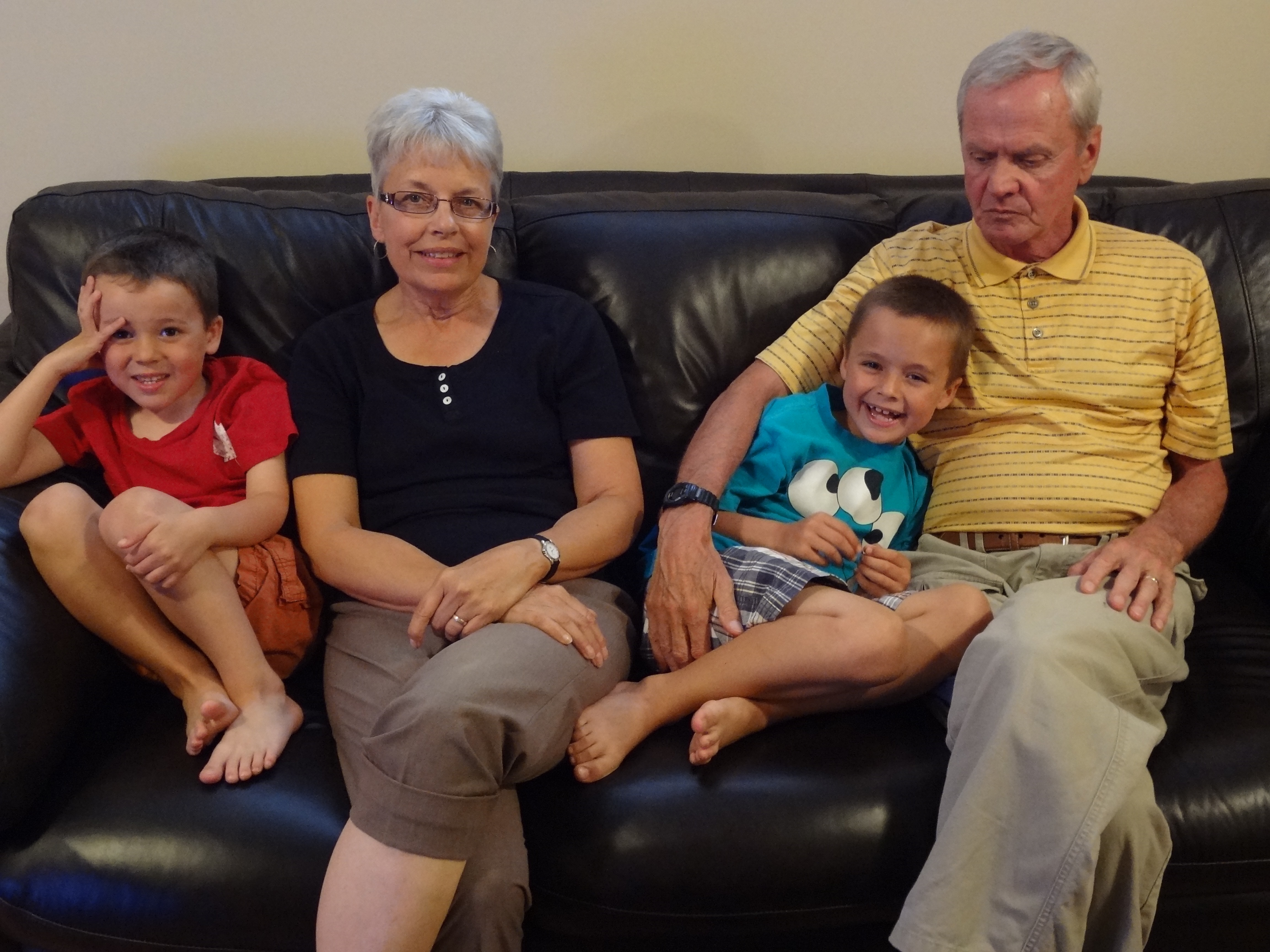
Answer the world’s call: travel advice from caregiver Susan Bithrey
The world is always beckoning for us to leave the comfort and safety of home, whether it’s to visit friends, family or see a new place. For those with Alzheimer’s disease and their caregivers, this need is no different, although it comes with challenges.
Susan Bithrey was one caregiver who travelled a lot with her husband Reg, even after he was diagnosed with dementia. Although they loved living in Thunder Bay, they had many reasons to leave: family in Alberta and Southern Ontario, a medical specialist in Toronto and post-retirement wanderlust to name a few.
“Mostly I just used common sense: watch carefully, don’t overwhelm him with too much input, and rely on the kindness of strangers if necessary,” Susan recalls.
When Reg was in the early stages of the disease, it wasn’t so difficult to manage. “I kept a bit sharper eye out for possible problems,” Susan explains. “ I always packed a list of his meds, my legal documents, and made sure to have contact numbers for relatives, doctors, etc. in case of an emergency.”
But it became more difficult when Reg’s condition deteriorated. Susan became much more cautious about travel, choosing destinations that were familiar not only to him, but to herself so that she could navigate easily if something went wrong. They visited cities where they had relatives or good friends for back up.
To keep travelling fun and incident-free, Susan offers the following advice:
- Inform the hotel concierge/front desk that your travel companion has Alzheimer’s disease and provide them with an information package with his description, a photo, names he responds to and his preferred places of interest.
- Always take note of what she is wearing.
- On long car trips, stop frequently and take a brisk stroll for some exercise.
- For airport and highway restrooms, use family washrooms whenever possible. If not, try to find one with only one exit.
- Even familiar places can look strange. Take time to reintroduce her to the environment by altering your routine as little as possible.
- Choose activities and places she might enjoy, such as an art gallery or a conservatory, which stimulate the senses but also have security staff at exits
How do you cope travelling with someone with dementia? Share your story below.
Visit our website to find more advice for travelling.
